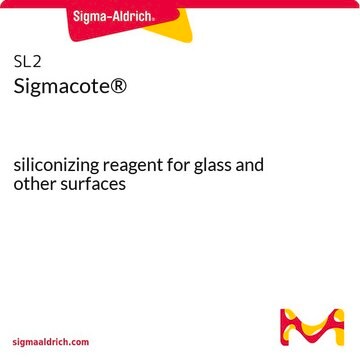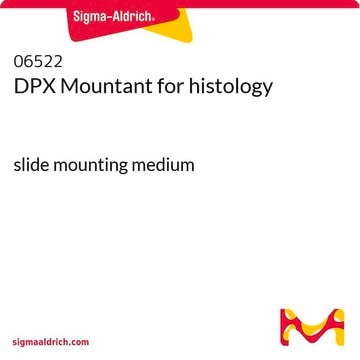157953
Sodium hydrosulfite
technical grade
Synonyme(s) :
Sodium hypodisulfite
About This Item
Produits recommandés
Qualité
technical grade
Niveau de qualité
Pureté
≥82.5% (iodometric)
Forme
powder
pH
7-9 (20 °C, 50 g/L)
Solubilité
water: soluble(lit.)
Traces de cations
heavy metals: ≤0.002%
Température de stockage
room temp
Chaîne SMILES
[Na+].[Na+].[O-]S(=O)S([O-])=O
InChI
1S/2Na.H2O4S2/c;;1-5(2)6(3)4/h;;(H,1,2)(H,3,4)/q2*+1;/p-2
Clé InChI
JVBXVOWTABLYPX-UHFFFAOYSA-L
Vous recherchez des produits similaires ? Visite Guide de comparaison des produits
Description générale
Application
Sodium hydrosulfite has been used as a fluorescent quenching agent in the encapsulation of polynucleotides via production of asymmetric nanoparticles. It has also be used in the form of buffer for the elution of probe labelled proteins involved in the indentification of cellular targets of covalent kinase inhibitors via mass spectrometry method (MS).
Mention d'avertissement
Danger
Mentions de danger
Conseils de prudence
Classification des risques
Acute Tox. 4 Oral - Eye Irrit. 2 - Self-heat. 1
Risques supp
Code de la classe de stockage
4.2 - Pyrophoric and self-heating hazardous materials
Classe de danger pour l'eau (WGK)
WGK 1
Point d'éclair (°F)
Not applicable
Point d'éclair (°C)
Not applicable
Certificats d'analyse (COA)
Recherchez un Certificats d'analyse (COA) en saisissant le numéro de lot du produit. Les numéros de lot figurent sur l'étiquette du produit après les mots "Lot" ou "Batch".
Déjà en possession de ce produit ?
Retrouvez la documentation relative aux produits que vous avez récemment achetés dans la Bibliothèque de documents.
Les clients ont également consulté
Notre équipe de scientifiques dispose d'une expérience dans tous les secteurs de la recherche, notamment en sciences de la vie, science des matériaux, synthèse chimique, chromatographie, analyse et dans de nombreux autres domaines..
Contacter notre Service technique










